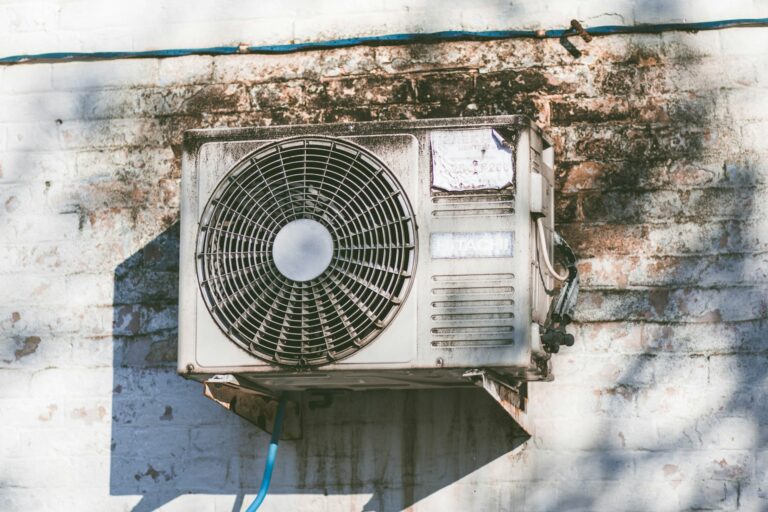An HVAC system is the heart of any home or office. It keeps you cool in the summer, warm in the winter, and ensures the air you breathe is clean and comfortable.
But like any piece of machinery, it doesn’t last forever. Ignoring signs of trouble could lead to bigger issues, costlier repairs, or even a full HVAC replacement.
This blog will walk you through the key warning signs of an aging or malfunctioning HVAC system, helping you decide whether it’s time for repairs or a replacement.
Strange Noises Coming from Your System
Squealing, Rattling, or Grinding?
Your HVAC system should run quietly in the background. If you hear unusual sounds like squealing, banging, or grinding, it’s likely an internal component has worn out or come loose.
For instance, a loose belt might cause a squealing noise, while a grinding sound could point to motor issues. These issues often require immediate repairs before they escalate.
What Should You Do?
Call an HVAC technician promptly to assess the issue. Attempting DIY fixes could cause further damage or void your warranty.
Rising Energy Bills
An Unexplained Spike in Costs
If you’ve noticed a significant increase in your energy bills without major changes in your usage, your HVAC system could be the culprit.
Older or malfunctioning units often require more energy to maintain comfortable temperatures. Clogged filters, leaky ducts, or aging components could all contribute to inefficiency.
When to Address the Issue
Start by replacing air filters and sealing any duct leaks. If that doesn’t solve the problem, click here to consult an HVAC professional. Repairs might resolve the issue, but older systems nearing the end of their life often warrant a replacement.
Uneven Temperatures Around Your Home
Hot or Cold Spots
Does one room feel like a sauna while another feels like an icebox? Uneven heating or cooling is a common sign that your HVAC system is struggling to distribute air evenly.
This could be due to issues such as leaky ductwork, a failing thermostat, or inadequately sized equipment.
What You Can Do
A professional will evaluate whether minor repairs, like sealing ducts, will do the trick or if your system is too outdated to meet your home’s needs efficiently.
Poor Air Quality
Allergies Acting Up?
Your HVAC system is responsible for circulating and filtering air. If you or your family are experiencing unexplained allergies, coughing, or other respiratory issues, it’s a sign your unit may no longer be effectively cleaning the air.
This could result from dirty coils, clogged filters, or even mold growth inside the system.
Improve Your Air Quality
Replace the filters and schedule routine maintenance to clean the internal components. However, if the unit is old or frequently failing, a full HVAC replacement may be necessary for a healthier indoor environment.
Frequent Repairs
The Cost of Getting It Fixed—Again
Have you been calling your HVAC technician more frequently than you’d like? If the cost of annual or biannual repairs is adding up, it might make more financial sense to replace your system entirely.
A good rule of thumb to follow is the “$5,000 rule”: Multiply your system’s age by the cost of the repair. If the number exceeds $5,000, replacement is probably the smarter choice.
When to Call It Quits
If you’re constantly facing breakdowns during peak seasons, such as summer or winter, it’s time to consider a new HVAC system.
The System Is More Than 10-15 Years Old
Aging into Inefficiency
Most HVAC systems are designed to last around 10-15 years with regular maintenance. However, after this period, they often become less efficient and more prone to failure.
Even if your unit seems to be working fine, older systems are likely lagging behind newer, energy-efficient models on the market today.
The Long-Term Benefits of Replacement
Investing in a modern, high-efficiency HVAC system can lower your energy bills, improve air quality, and increase the overall value of your property.
Final Thoughts on Maintaining Comfort and Efficiency
Addressing HVAC issues early on can save you time, money, and unnecessary stress down the line. Pay attention to these warning signs, and don’t hesitate to seek professional advice before the situation worsens.
To keep your system in peak condition, make regular maintenance a priority. And when the time comes for an upgrade, remember that a new HVAC system can bring improved comfort, lower bills, and peace of mind.


